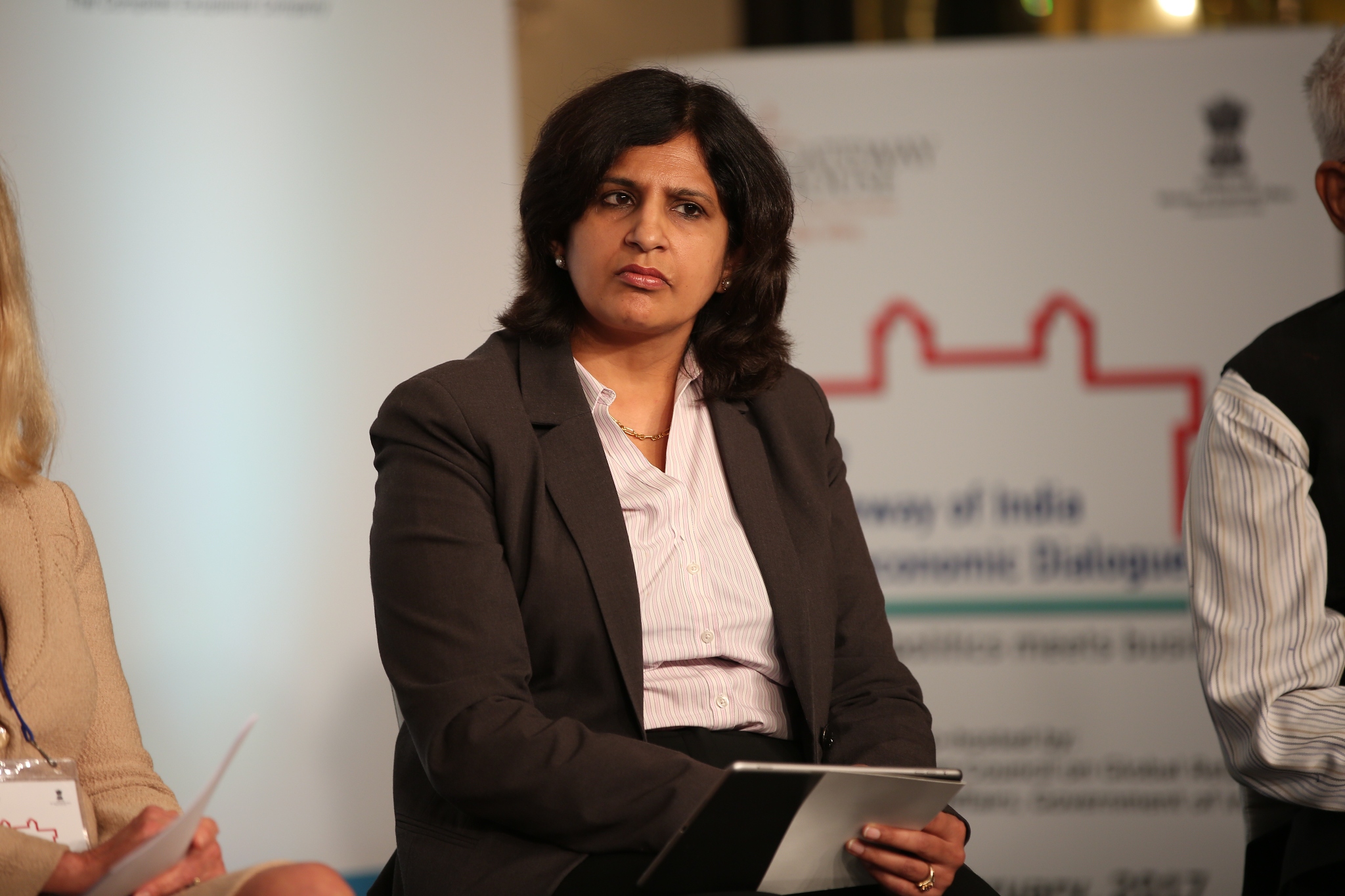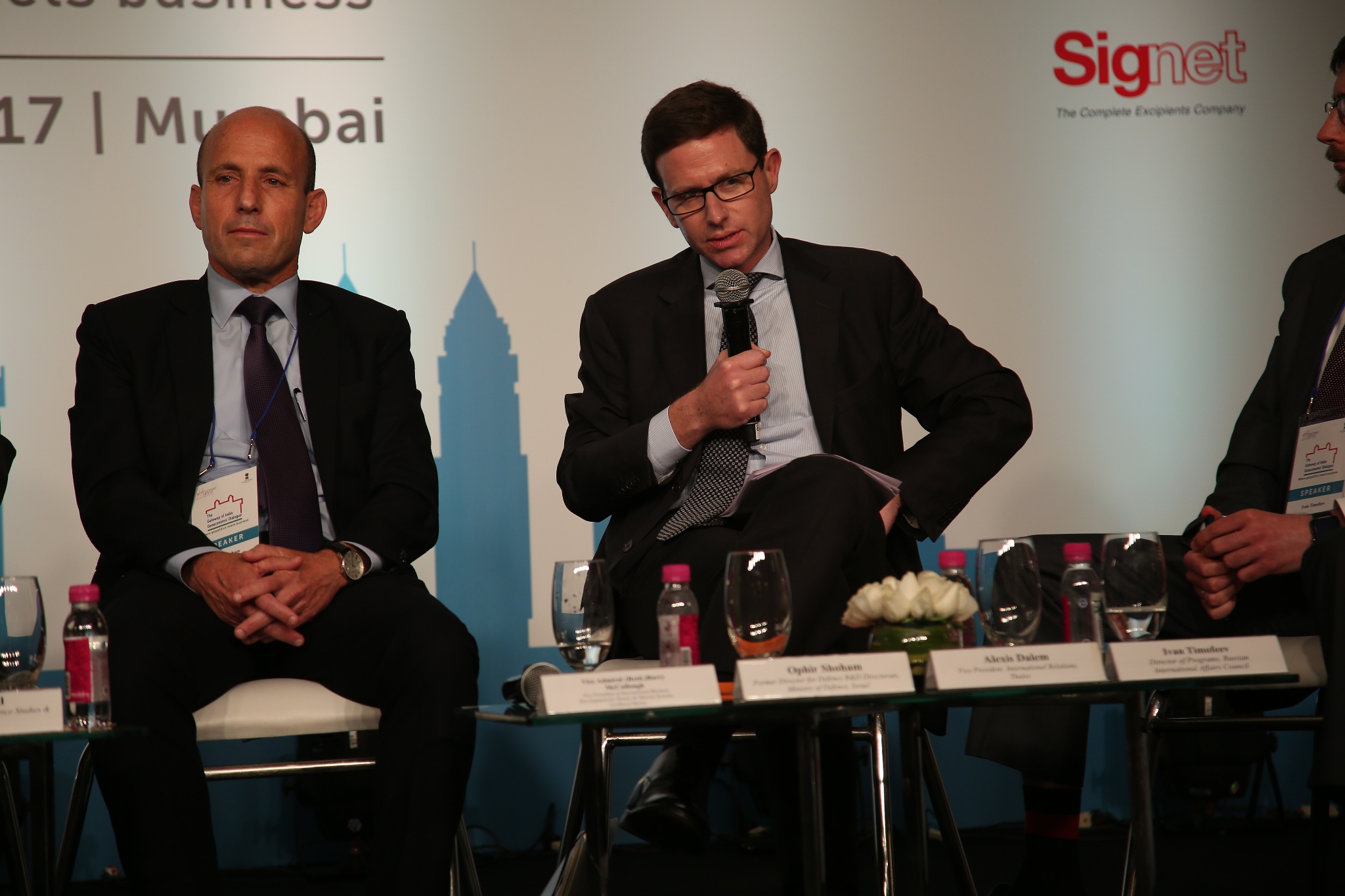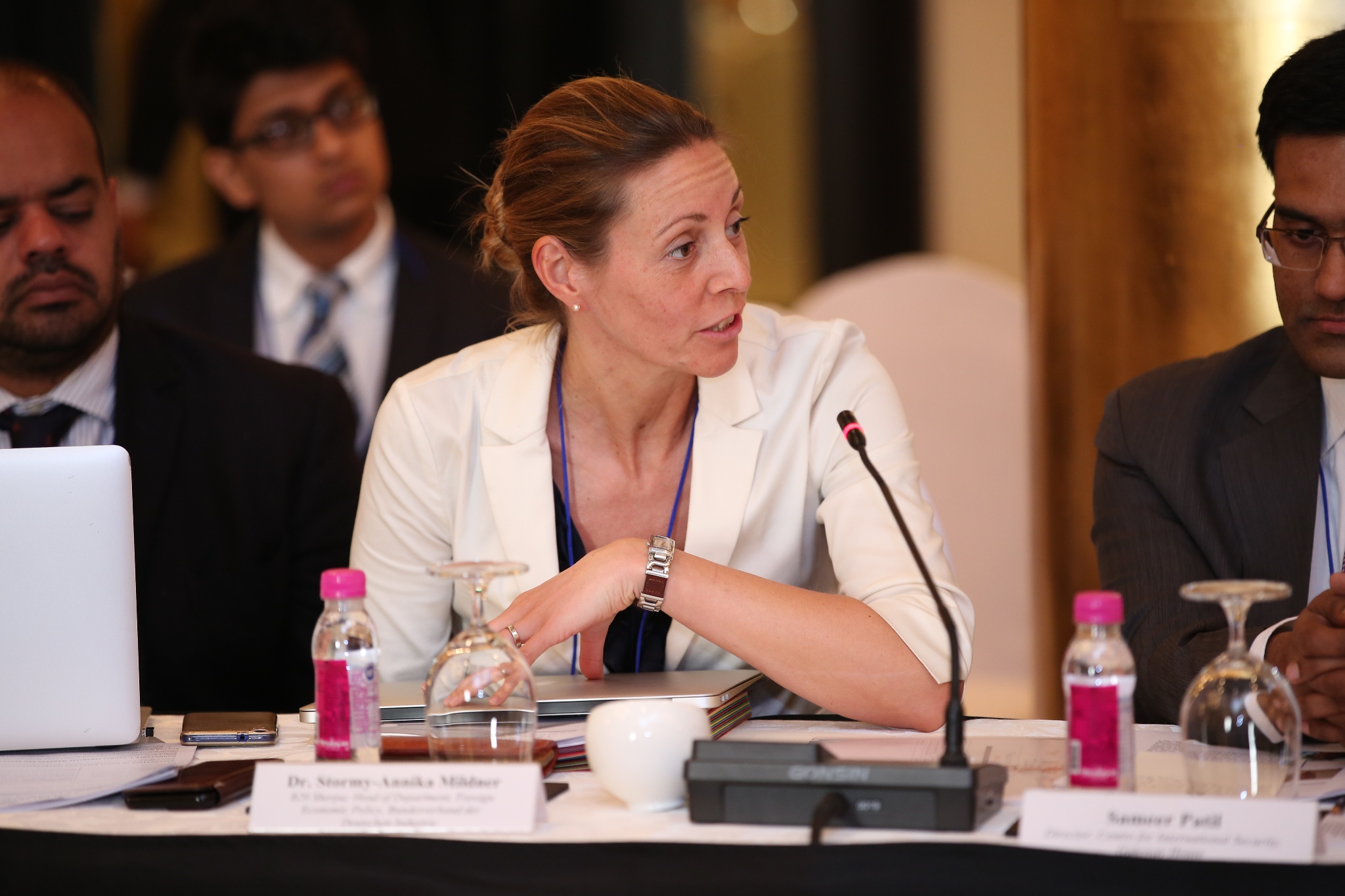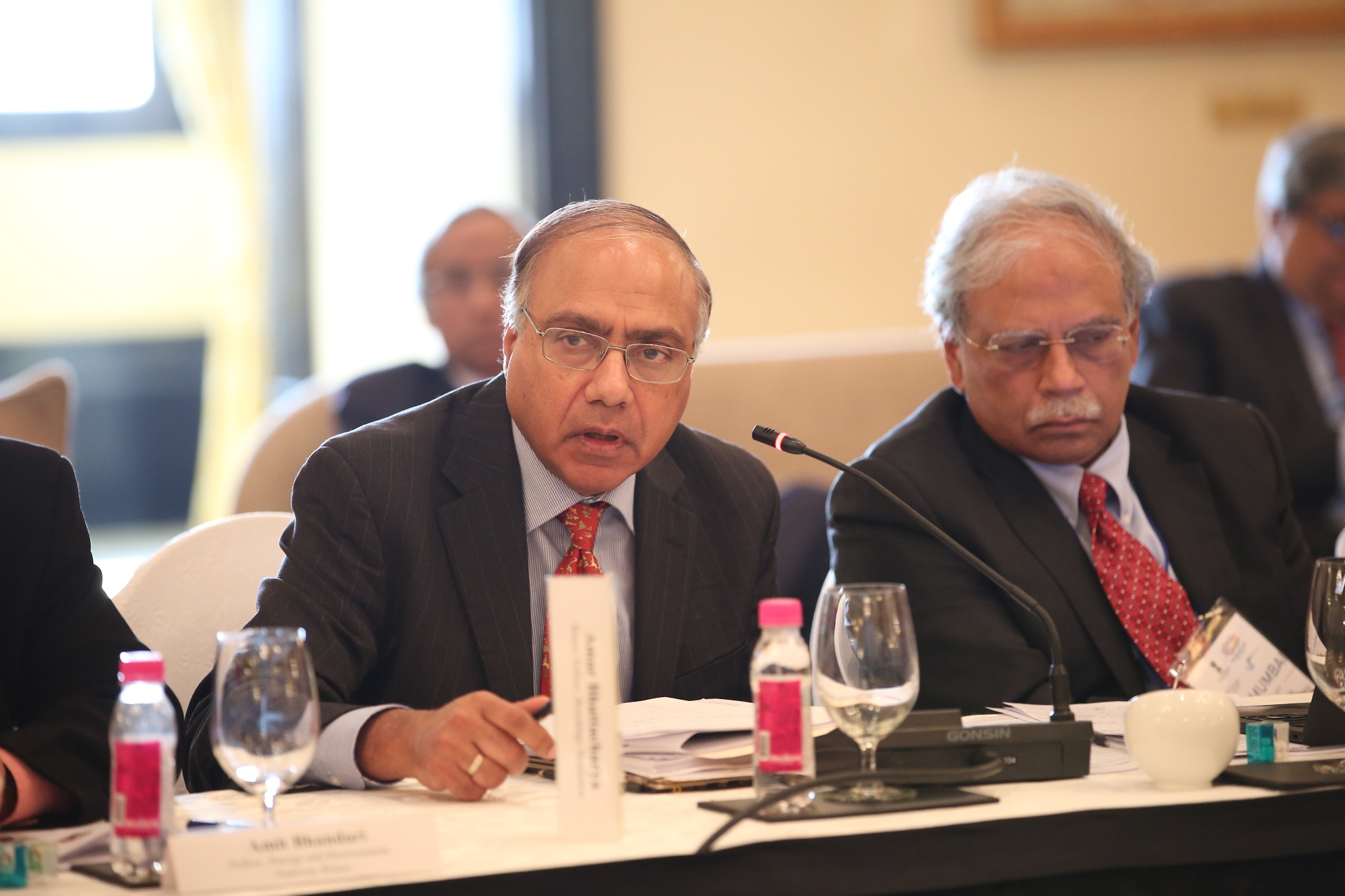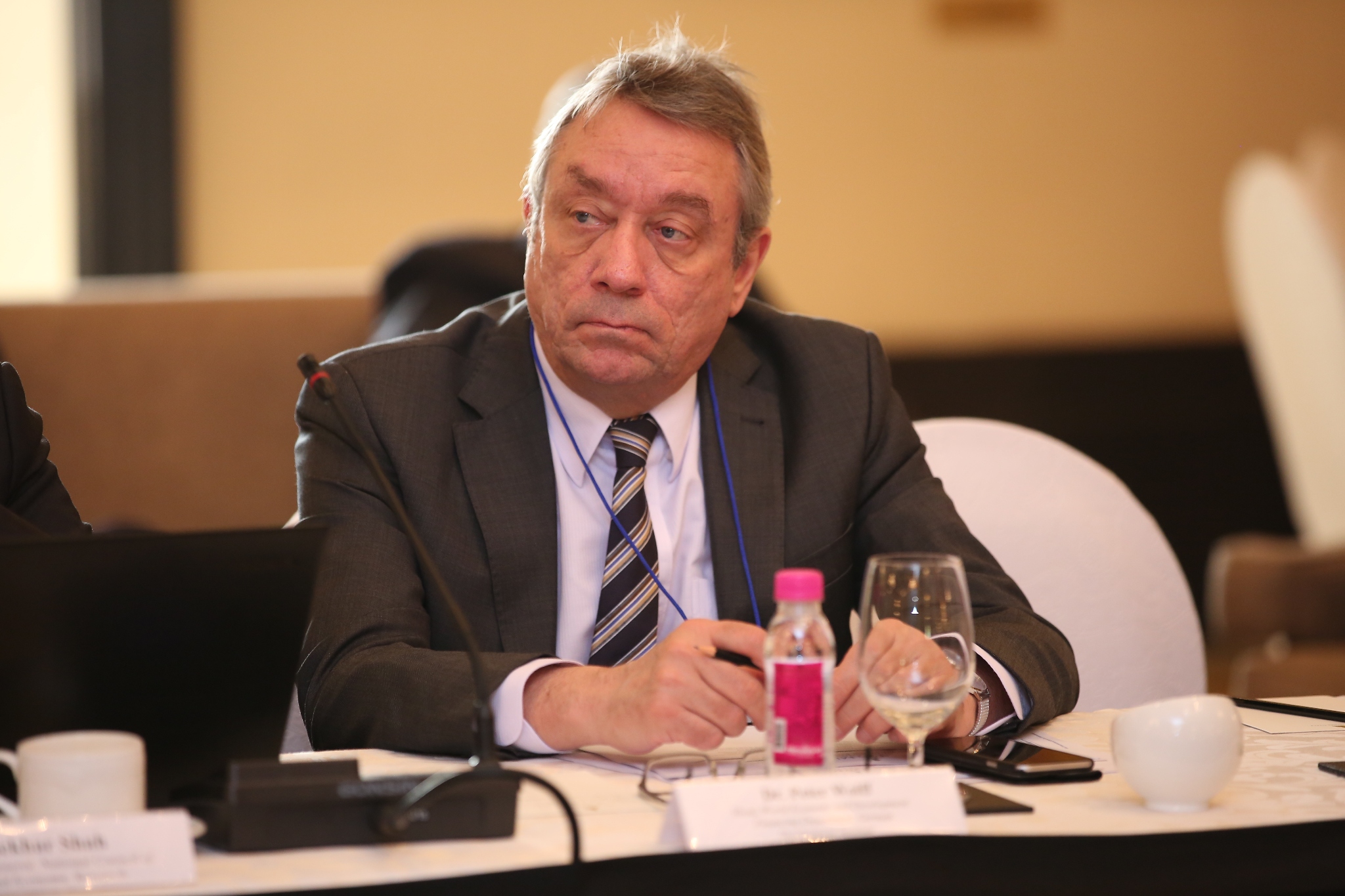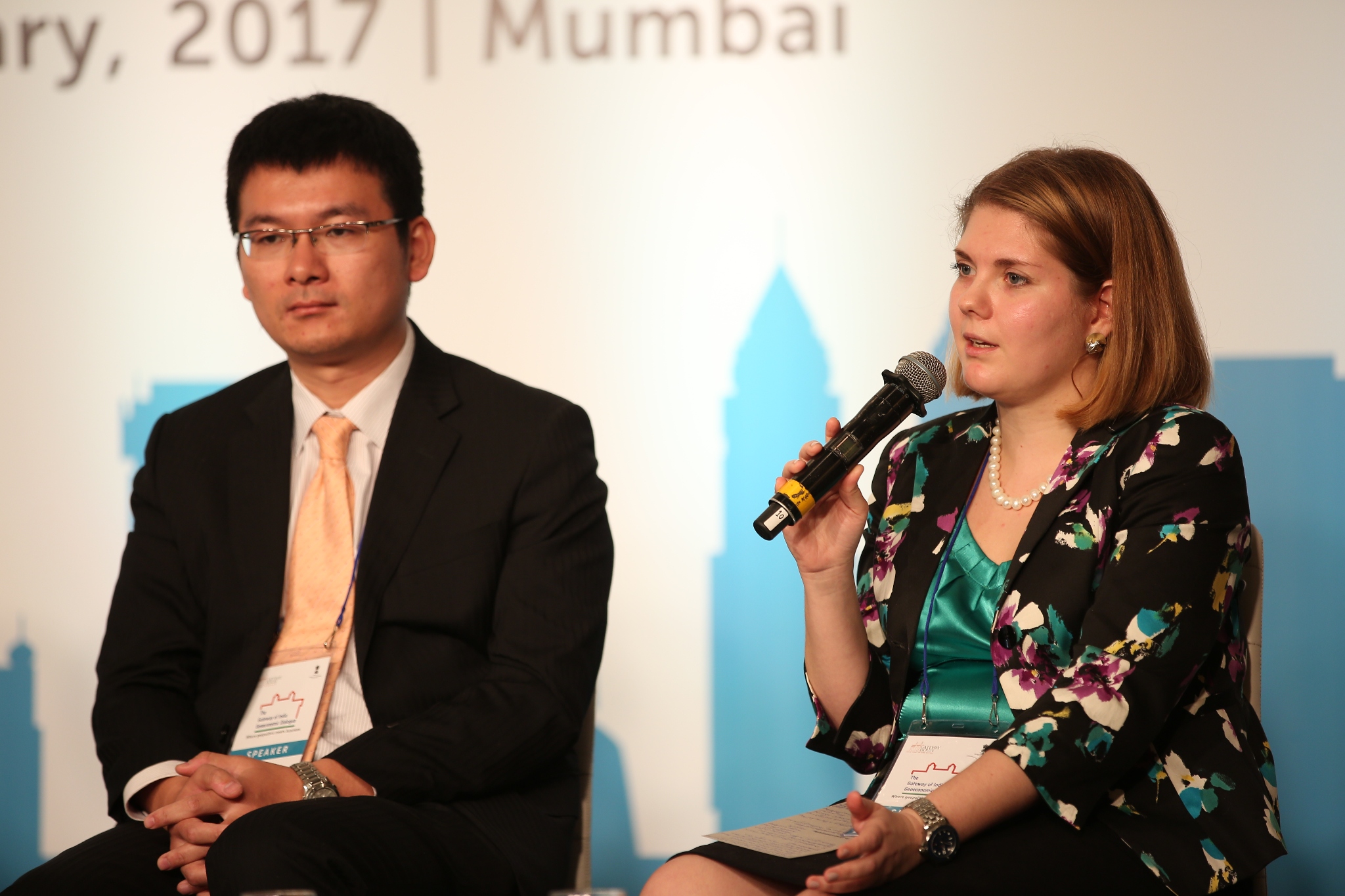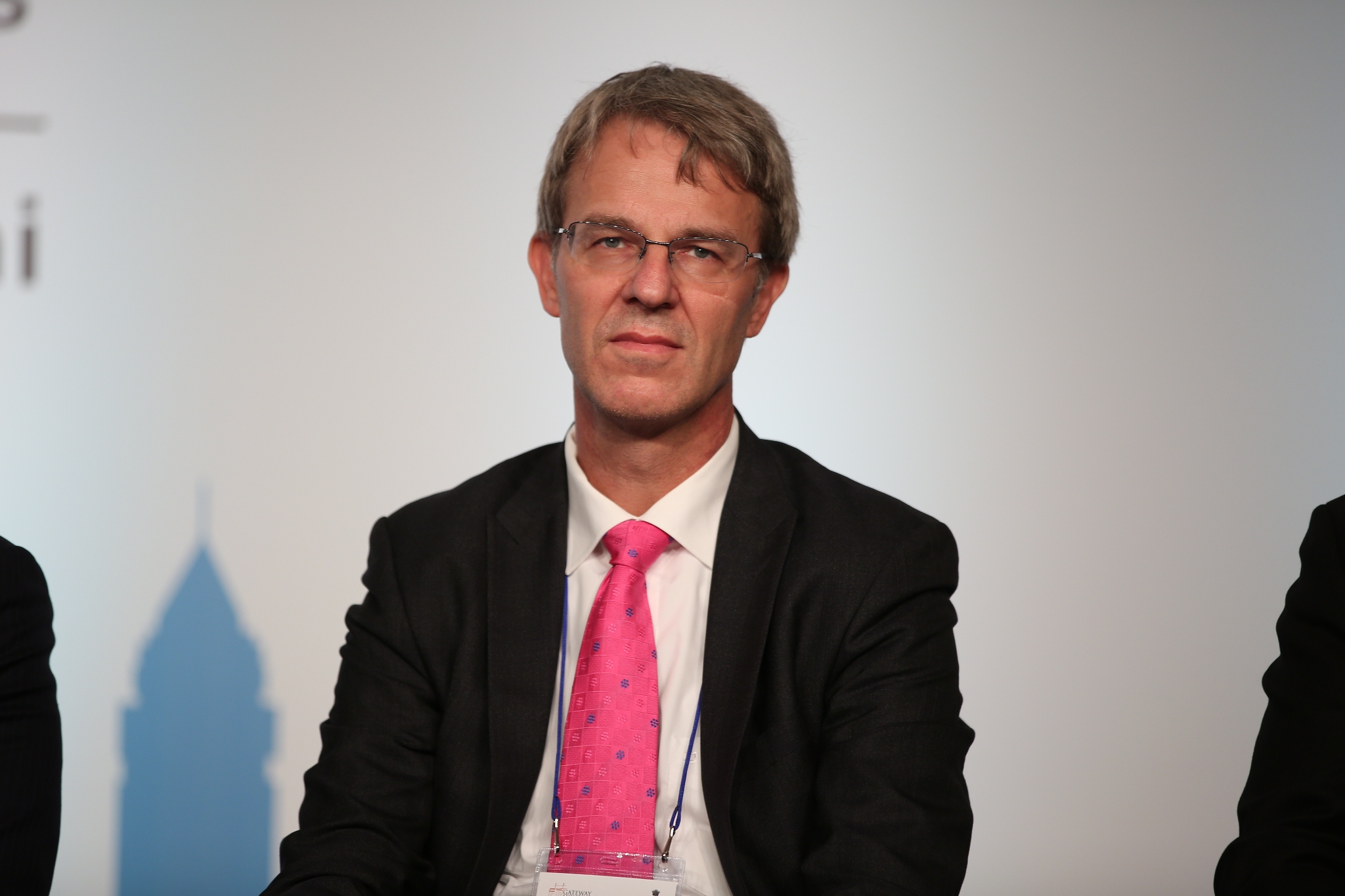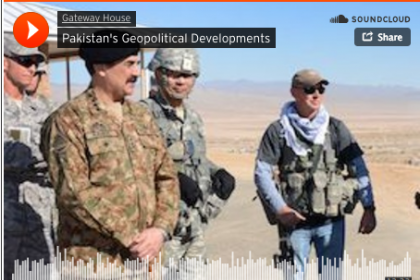Tax evasion can be tackled with global cooperation
In Monica Bhatia's interview, she discusses the changes in the global financial sector in the wake of the Panama papers and the HSBC files, mainly the increase in transparency between banks and governments. She highlights her belief in the Automatic Global Tax Information Sharing Network in countering tax evasion and the success of the methods that governments have already undertaken to enable voluntary disclosures. Lastly, she illustrates the measures under the BEPS system on tax compliance.

